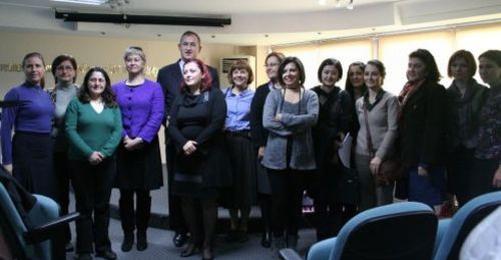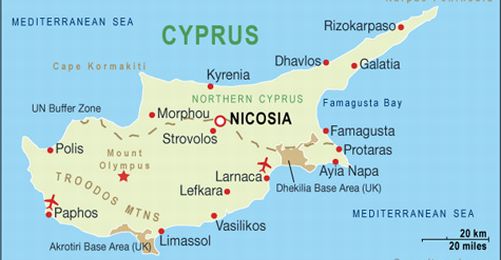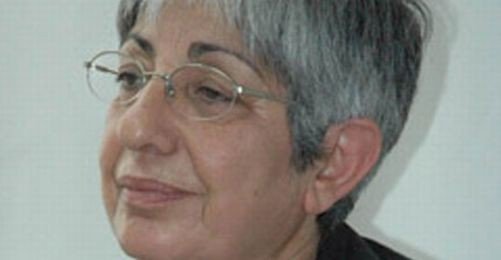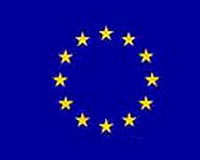"Membership Is Being Taken Away"
As the Portuguese period of EU presidency ended, heads of EU member states gathered in Lisbon in order to sign a document which has taken the place of a constitution. France and the Netherlands were among those countries voting against a constitution.
Charter of Fundamental Rights
Dr. Cengiz Aktar, EU expert at Bahcesehir University in Istanbul, spoke with bianet about the Charter of Fundamental Rights signed on 13 December:
"The signing of this treaty represents an end to last year's confusion. The article signed is 85 percent the same as the proposed constitutional treaty. Now the parliaments of the member states will ratify the treaty, but problems may occur there."
Backward steps
Today the summit of EU leaders will publish a report, in which, thanks to pressure from France, the word "accession" will not be used in relation to Turkey, thus sending the signal that Turkey will not become a member.
Aktar said, "This means that the official recognition of Turkey's candidacy at the 1999 Helsinki Summit and the start of bilateral negotiations in 2004 are being questioned. Europe is making concessions to France. If this goes on, then Turkey will not be talked about anymore by 2008."
The Turkish government has reacted to French President Nicholas Sarkozy. Prime Minister Recep Tayyip Erdogan said that Sarkozy was acting hypocritically and that Turkey was set on EU membership. An official reaction will be given after the summit statement has been released.
Administrative changes
The signed Lisbon Treaty puts an end to the six-monthly rotating EU presidency; instead, the unanimously voted EU Council President will head the summits which happen four times a year.
In addition, the EU High Representative for the Common Foreign and Security Policy will head the Council of Foreign Affairs, made up of the ministers of foreign affairs of the member states.
Both sides not motivated
Aktar was quite pessimistic about Turkey's accession process and was of the opinion that the Turkish government did not intend to make any efforts.
The fact that General Ergin Saygun, Deputy Chief of General Staff, accused EU member states of supporting terrorism in Turkey is an indication of domestic attitudes towards the EU.
Should this kind of discourse become more common, so Aktar, this would mean a return to pre-1999 relations, when there was more conflict than agreement with the EU:
"The EU has got no leverage over Turkey anymore. It has taken the hope of full membership away from Turkey." (EÜ/AG)
SOCIAL GENDER EQUALITY
Women and Journalists Hand in Hand against Violence

EUROPEAN COMMISSION AGAINST RACISM AND INTOLERANCE
Discrimination and Racism in Turkey Fuel Concern

Unionists in Northern Cyprus Protest PM Erdoğan

Policeman who Beat Juvenile Claimed Self-Protection

HRANT DINK MURDER
Court fully Protects Istanbul Police






